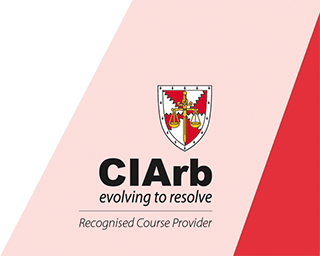Struggling with Conflict? Could Mediation help?
Struggling with Conflict? Could Mediation Help?
By Gillian Higgins
Conflict is part of everyday life, but when it starts to impact on relationships in the community, at work and at home, it might be time to consider how a dispute can be mediated rather than litigated. While this highly-effective method of conflict resolution is widely-known, many institutions and businesses are still unsure about the breadth of its potential application. So what is mediation and how does it work? Let's have a quick look at one popular type of mediation in the UK - facilitative - and how it can be used to resolve conflict.
In essence, mediation is a forward-focused process aimed at finding common ground and positive outcomes. It provides an opportunity for participants to be heard and empowers individuals to resolve their own conflict, without the involvement of courts.
The 'win-lose' outcome of litigation can be avoided in the mediation process, with settlements that are mutually satisfactory to all participants, saving time, energy and money. The process is consensual and the participants decide whether an agreement can be reached and its terms.
Any information shared by one participant, cannot be disclosed by the mediator to the other participant unless they have express permission. Also, any participant may withdraw from the mediation at any stage.
When and Where to Mediate?
The process of mediation is flexible and focuses on the needs and interests of the individuals who can mediate as soon as they are ready to talk about a resolution of their dispute. What takes place during a mediation is confidential and cannot be used outside the process in any subsequent legal proceedings.
Mediation can take place with, without or before the involvement of lawyers and before the issuance of any legal proceedings, or as directed by a court. There are no set rules as to where a mediation can take place. Usually, the process is held at a location agreed by the participants.
What to Mediate?
Mediation can be used to resolve a wide range of disputes. These include community and neighbourhood issues, insurance matters, contractual claims, building or boundary disputes, landlord and tenant disagreements, ecclesiastical conflicts, professional negligence matters, to name just a few. The mediation process can be shaped to meet the needs of the participants and the particular details of the dispute.
In short, flexibility is mediation's greatest strength.
Gillian Higgins is a civil and commercial mediator, an international barrister and a mindfulness meditation teacher. She practices from the Chambers of 9 Bedford Row and teaches mediation with the London School of Mediation.


